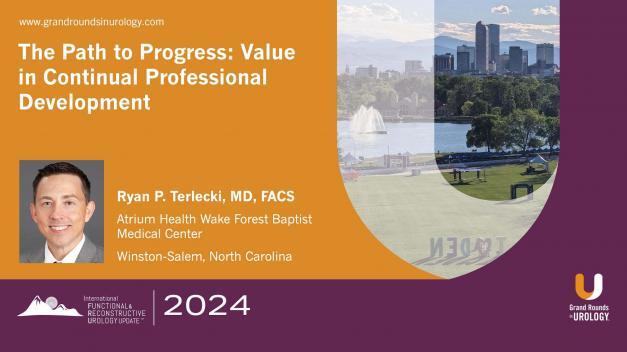Practical Steps for Clinical Efficiency Relative to Physician Burnout
Ryan P. Terlecki, MD, FACS, offers actionable steps to keep a clinical practice efficient in the face of the epidemic of physician burnout. In this presentation, he discusses how the first step in keeping an efficient and effective practice is to develop a familiarity with:
The Differences Between Efficiency and Effectiveness
The Role of Planning, Consistency, and Reevaluation in Quality Improvement
Management Strategies Which Prioritize Workflow and Well-Being
Dr. Terlecki frames burnout management around a few key principles for efficient and effective clinical practice. He provides real-world examples and applications of these steps to combat and compensate for physician burnout in both practice and academic settings.
Read More




